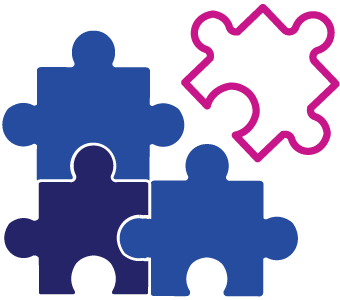Al-Ahliyya Amman University
- Research skills
- Criticism skills
- Analytical skills
- Analytical, design and formulation skills
- Practical and executive skills
- Applied Environmental and Sustainable Skills/Environmental Systems and Environmental Control
- Management and leadership skills
- Skills of calculating quantities
- Legal responsibility/legal regulations, instructions and building codes
- Professional and ethical judgments







